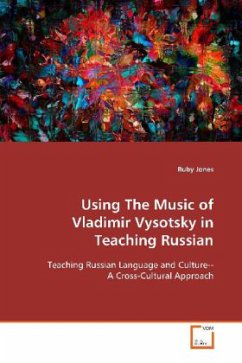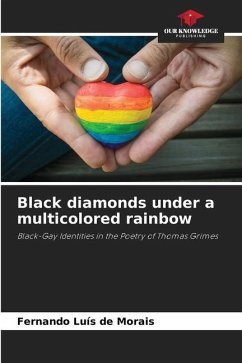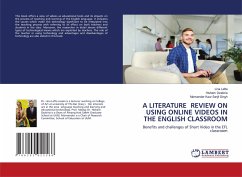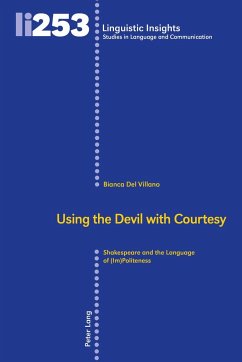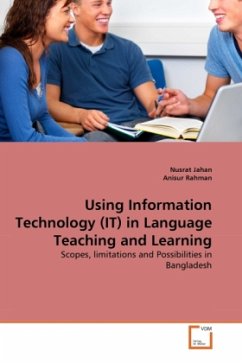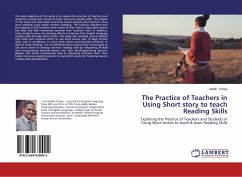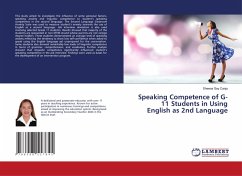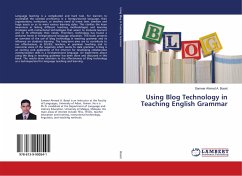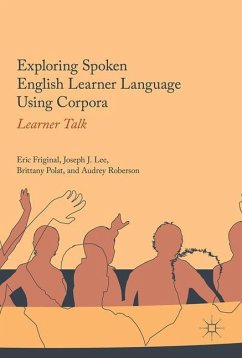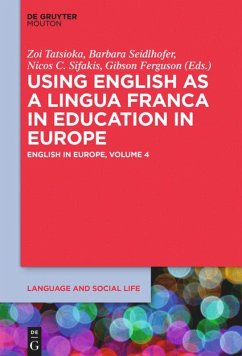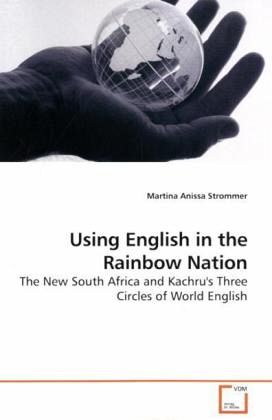
Using English in the Rainbow Nation
The New South Africa and Kachru's Three Circles of World English
Versandkostenfrei!
Versandfertig in 6-10 Tagen
32,99 €
inkl. MwSt.

PAYBACK Punkte
16 °P sammeln!
In 1994, the world turned to South Africa, where the first free democratic elections brought the apartheid regime to an end. This led not only to political, but also to social and, last but not least, linguistic changes: today, the Republic of South Africa recognises eleven official languages at a national level, and ensures them parity of esteem according to the Constitution of 1996. Whenever linguists tried to categorise South African English, they faced the dilemma that various subvarieties are spoken by different ethnic groups, as first, second, or foreign language. Braj B. Kachru excluded...
In 1994, the world turned to South Africa, where the first free democratic elections brought the apartheid regime to an end. This led not only to political, but also to social and, last but not least, linguistic changes: today, the Republic of South Africa recognises eleven official languages at a national level, and ensures them parity of esteem according to the Constitution of 1996. Whenever linguists tried to categorise South African English, they faced the dilemma that various subvarieties are spoken by different ethnic groups, as first, second, or foreign language. Braj B. Kachru excluded South Africa from his 1985 Three Circles of World English for being linguistically too complex, and today it is still impossible to clearly assign the country a place in the model. Acknowledging Kachru's achievements and their validity against the background of their time, the New South Africa provides sound evidence that the Three Circles model is outdated due to the political, social, andeconomic changes of the last two decades.



